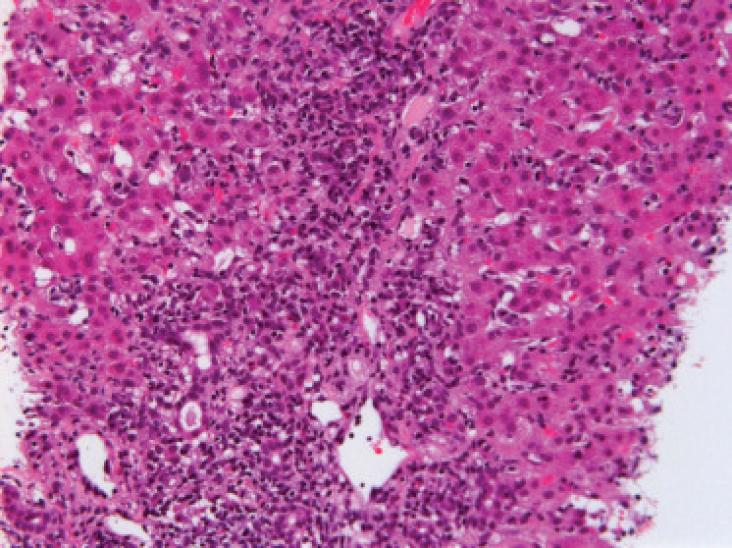THis supports SGDs 3 and 5 by supporting access to care and contraception.
Good access to care and contraception support SDG 3.
This supports SDGs 3 and 5 by supporting access to care and contraception.
This content links with Goal 3: Good health and well-being and Goal 10: Reduced Inequalities by providing information about esophageal squamous cell carcinoma (ESCC) and the upper aerodigestive microbiomes role in carcinogenesis and outcomes.
This content links with Goal 3: Good health and well-being and Goal 10: Reduced Inequalities by focusing on the role of eosinophils in health and disease, including novel therapeutic approaches and their contribution to our understanding of the role that eosinophils play in homeostasis and pathogenesis.
This content links with Goal 3: Good health and well-being and Goal 10: Reduced Inequalities by advancing understanding of MG pathophysiology to improve current therapies and contribute to the development of novel, MG-specific therapeutics.

This content supports the SDG Goal 3: Good health and well-being by Typical histological findings of autoimmune hepatitis showing marked lymphoplasmacellular infiltration of the portal tract with interface hepatitis. the main characteristics of AIH, PBC, and PSC, with particular interest for the clinical manifestations, pathogenesis, autoantibodies, and therapeutic options.
This content aligns with Goal 3: Good Health and Wellbeing by highlighting the interactions of the Human immunodeficiency virus (HIV)-1 with the immune system.
Elsevier,
Health Information Exchange (Second Edition)
Navigating and Managing a Network of Health Information Systems
2023, Pages 603-619
This content aligns with Goal 3: Good Health and Wellbeing by providing examples of how low- and middle-income countries (LMIC) can adopt HIE principles in one health program to gain essential implementation experience that can inform scale-up, and adoption of similar systematic approaches in the wider national health system.
This content aligns with Goal 3: Good Health and Wellbeing by discussing HIV cell and host tropism, functions of structural, regulatory, and auxiliary proteins and provides a general overview of pathogenesis, vaccine development, and treatments.
